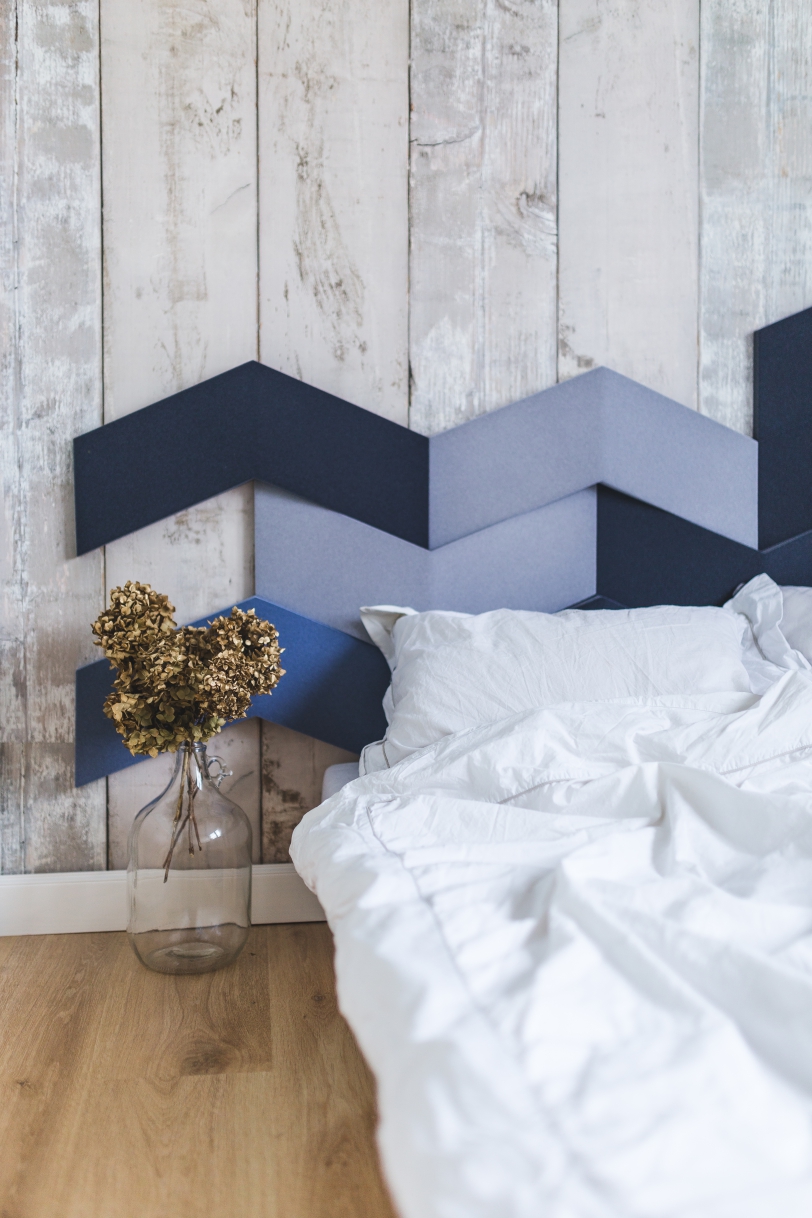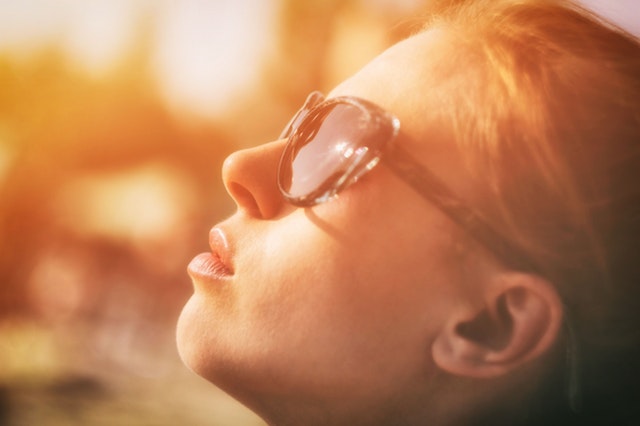We’re fully on board with wearing masks during our outings to prevent the spread of COVID-19—but we’re than thrilled with acne caused by wearing a mask, a.k.a. maskne. (Something to add to our 2020 glossary along with murder hornets…) We’re not saying that getting some bumps here and there is a valid excuse to skip wearing your mask, but acne is acne—and it’s a bummer! Fortunately, there are a few steps we can take to treat existing maskne and prevent further mask-related breakouts. Let’s take a look!
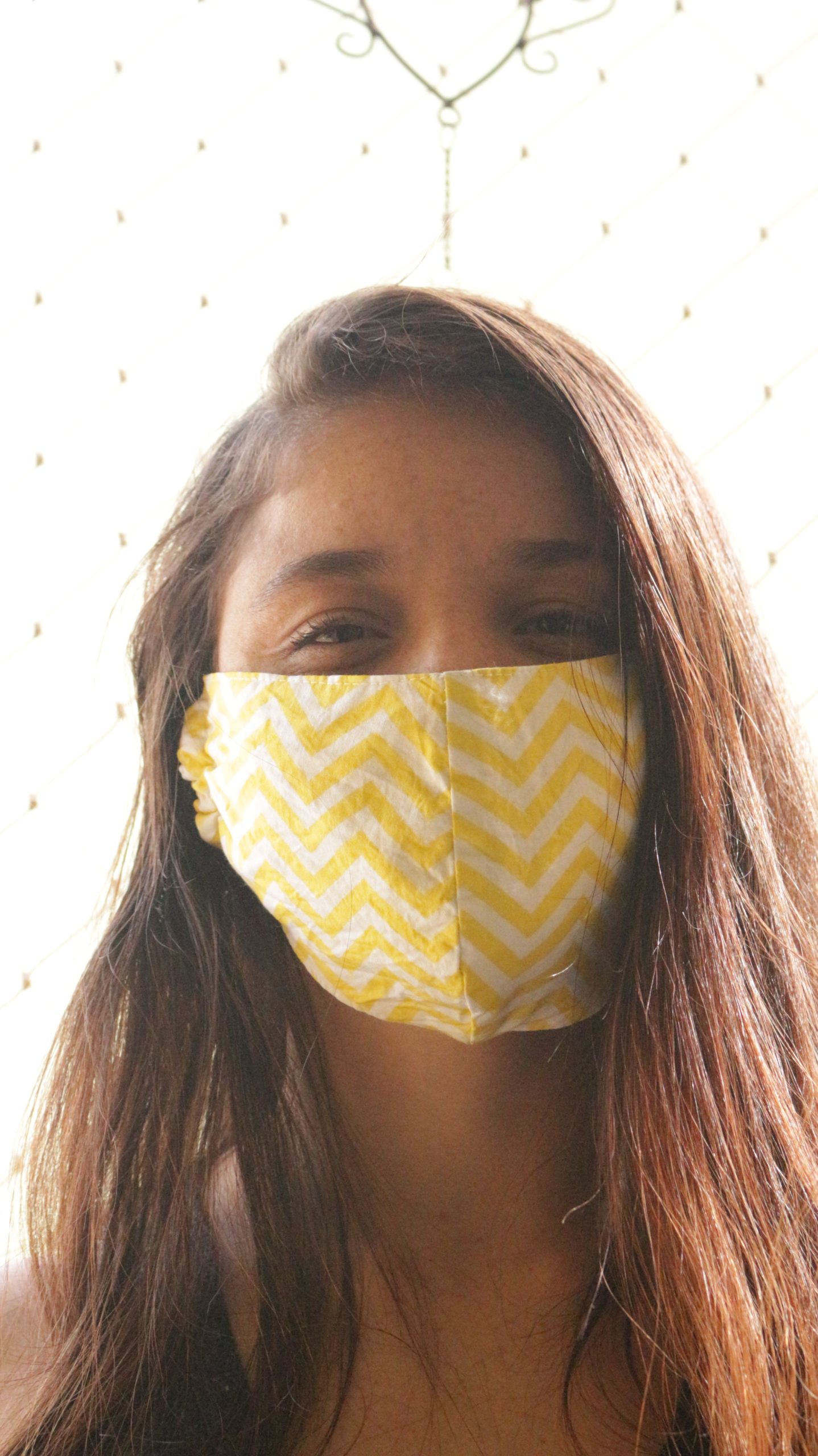
Why Does Maskne Happen?
We can all probably guess why maskne occurs, but let’s break it down, so we really know what we’re dealing with. Maskne is acne that appears on areas of our face that have direct contact with our mask. Between sweat, oil, bacteria, and the physical stress delicate facial skin experiences when in constant contact with a mask (friction!), we have a very acne-friendly situation. While this is especially true for those who wear masks all day (this problem is hitting our healthcare workers hard), a mask-related acne-flare up can happen to anyone.
How Can I Treat My Maskne?
In an interview with The New York Times, Professor of Dermatology Dr. Mona Gohara explains that we have to be a bit gentler with maskne than we would we with regular acne: “You can just go gangbusters on regular acne,” she says. “With maskne you have to be really careful.” Because acne treatments can make skin more sensitive and wearing a mask is its own source of irritation, it’s best to have a simpler approach and stick to a single acne-fighting product or alternate treatments rather than layer them.
A spot treatment like Paula’s Choice BHA 9 can help you avoid going overboard with sensitizing treatments. Dr. Gohabra recommends alternating your spot treatment with a retinol treatment every other night.
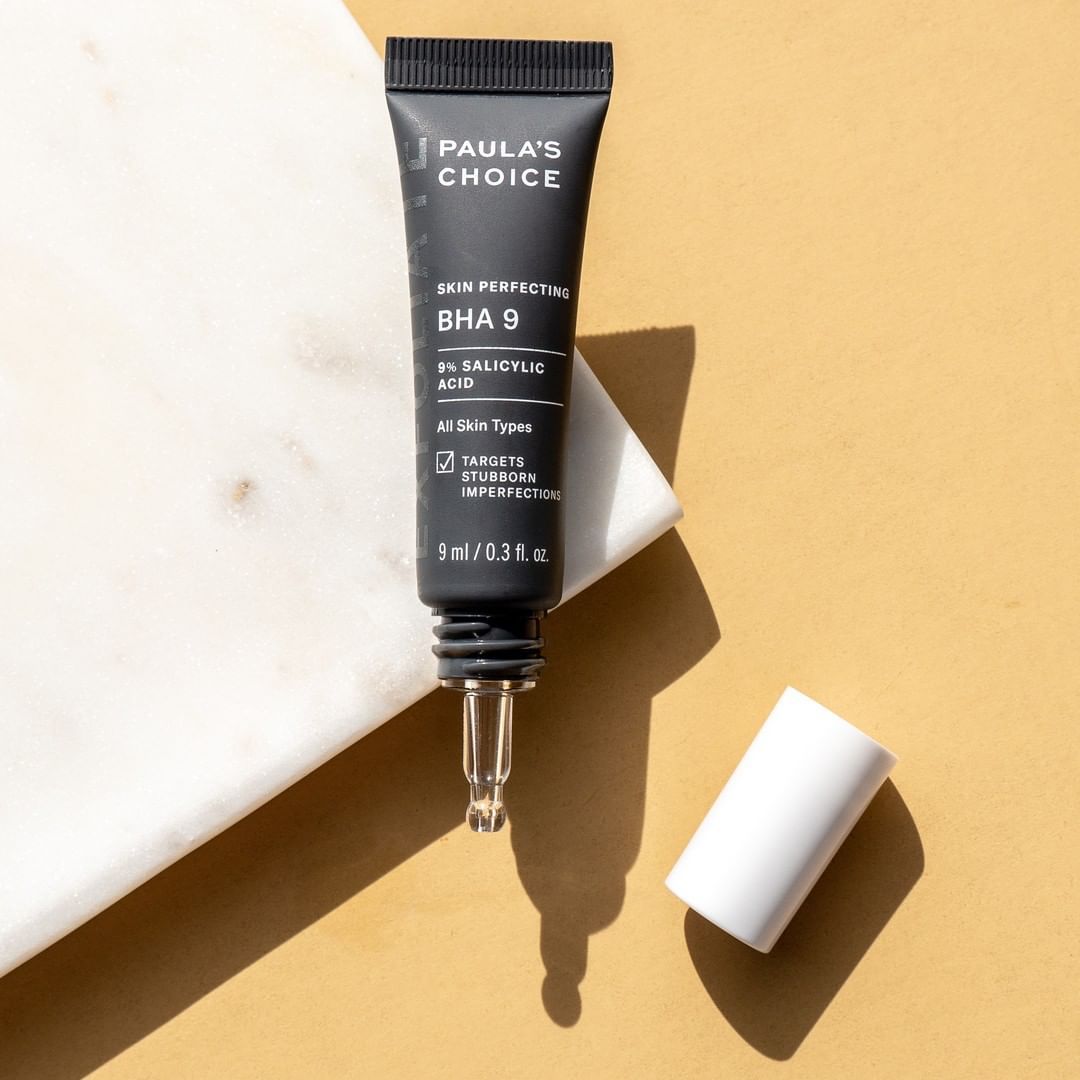
Also, if your skin is prone to hyperpigmentation (like dark spots from old acne), Dr. Gohara suggests wearing sunscreen indoors as well as outdoors. Blue light from devices can exacerbate hyperpigmentation.
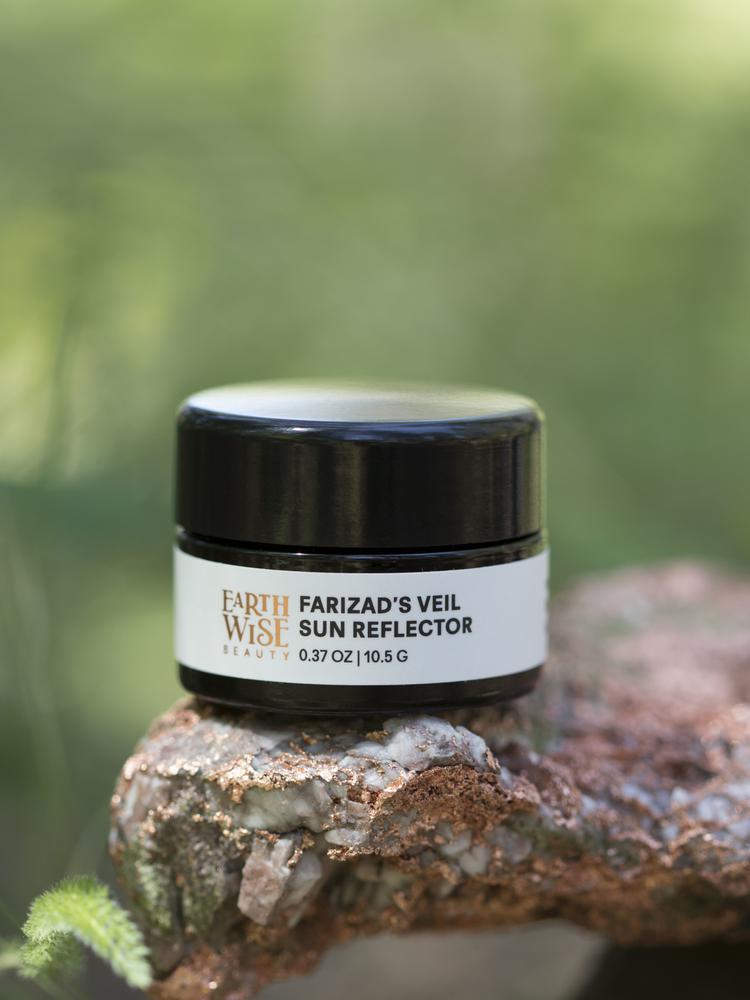
To treat hyperpigmentation, Dr. Gohara recommends using glycolic acid, a type of alpha-hydroxy acid that targets uneven skin tone while sloughing off dead skin cells for a more radiant complexion.
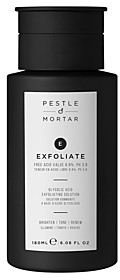
Pestle & Mortar Glycolic Acid Toner
If maskne looks and feels more like a rash (super itchy!), the problem may actually be contact dermatitis from wearing a mask, especially if your mask has rubber, metal, or polyester components that come in direct contact with your skin. Dr. Gohara says that precise application of a hydrocortisone cream should be the first line of treatment. If the problem persists, touch base with your derm.
Summer Is Heating Up (Agh!)—How Can I Prevent Maskne?
Dermatologists recommend 100% cotton masks for their breathability (provided you’re not required to wear something else in your line of work).
Also, be sure you’re washing your masks often: “You need to treat it like underwear and wash it frequently,” Professor of Dermatology Candrice Heath explains. “You don’t want all of that oil and sweat and dirt to sit there and then you reapply it to your face constantly.” (The underwear comparison is enough to convince me!) Wash your mask with gentle, fragrance-free soap and hot water. An unscented liquid castile soap would be perfect. Make sure your mask is completely dry before wearing it again.
Next, keep in mind that wearing a mask can make your skin more susceptible to irritation. Avoiding or limiting the number of products with active ingredients you apply to your skin will help ensure your skin barrier stays intact. Layer hydrating and moisturizing products to help reduce the effects of friction on skin—think hydrosols, a hyaluronic acid serum, and a non-comedogenic moisturizer (or stick with whatever moisturizer you know doesn’t contribute to acne on a normal day).
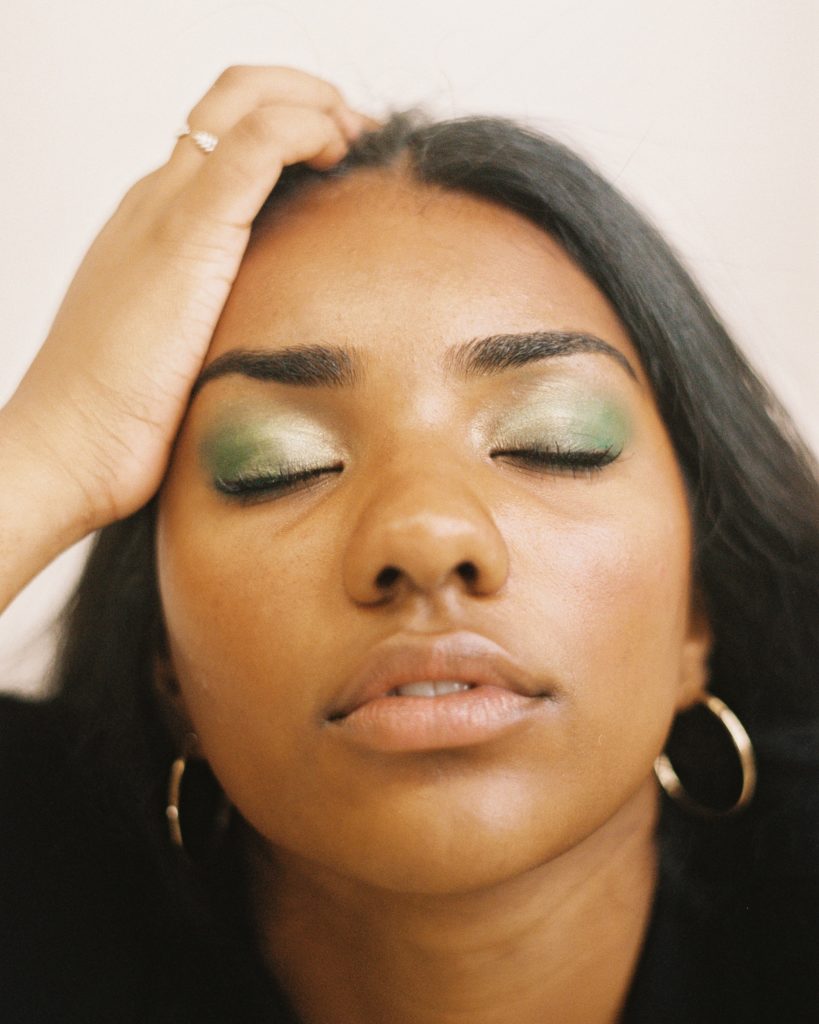
Now is a great time to emphasize your eyes if you enjoy wearing makeup with your mask!
Finally, say no to foundation—it gets all ~melty~ in summer, anyway. But in all seriousness, adding foundation into the mask mix, even if that foundation doesn’t normally make you break out, can further irritate skin and contribute to an already occlusive situation. At most, wear a tinted sunscreen and keep the focus on your eyes.
Have you experienced maskne?
Get more like this—Sign up for our daily inspirational newsletter for exclusive content!
__
Photo: André Ravazzi on Unsplash, Gemma Chua-Tran on Unsplash, Respective brands

